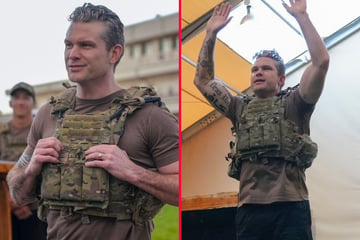Leonard Peltier's sentence commuted as Biden grants last-minute clemency!
Washington DC - President Joe Biden heeded overwhelming calls for clemency for Indigenous freedom fighter Leonard Peltier as he concluded his four-year term in office on Monday.
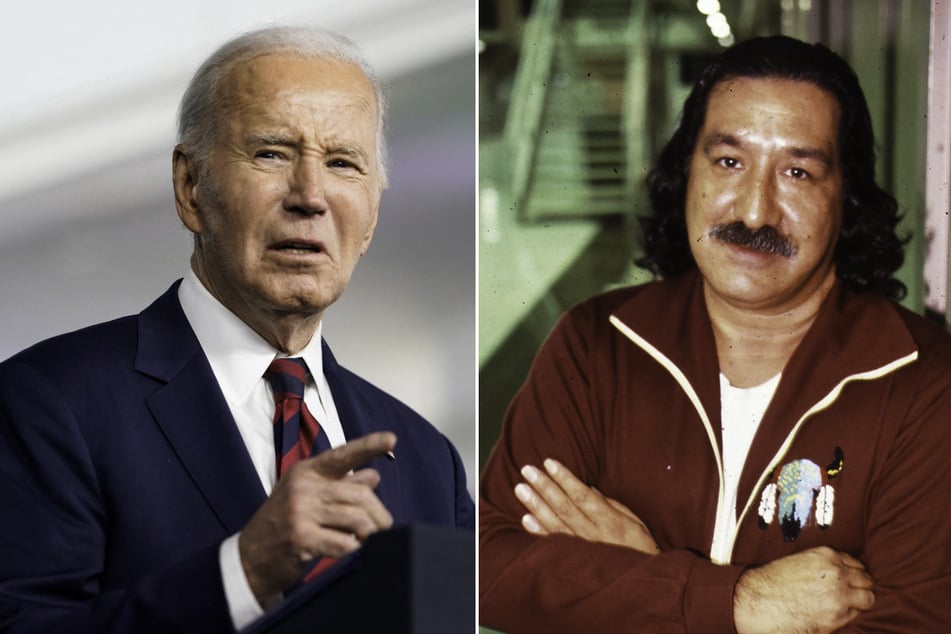
Indigenous activists and allies had warned that failure to grant executive clemency would, in effect, sentence Peltier to die in prison.
Biden followed through, using his power as outgoing president to allow Peltier – who is 80 years old and in ill health – to spend his remaining days at home.
"The President is commuting the life sentence imposed on Leonard Peltier so that he serves the remainder of his sentence in home confinement," Biden said in a statement.
"This commutation will enable Mr. Peltier to spend his remaining days in home confinement but will not pardon him for his underlying crimes," the White House clarified.
The order is set to take effect on February 18, 2025.
"It’s finally over – I’m going home," Peltier shared after the announcement. "I want to show the world I’m a good person with a good heart. I want to help the people, just like my grandmother taught me."
Leonard Peltier spends nearly half a century behind bars
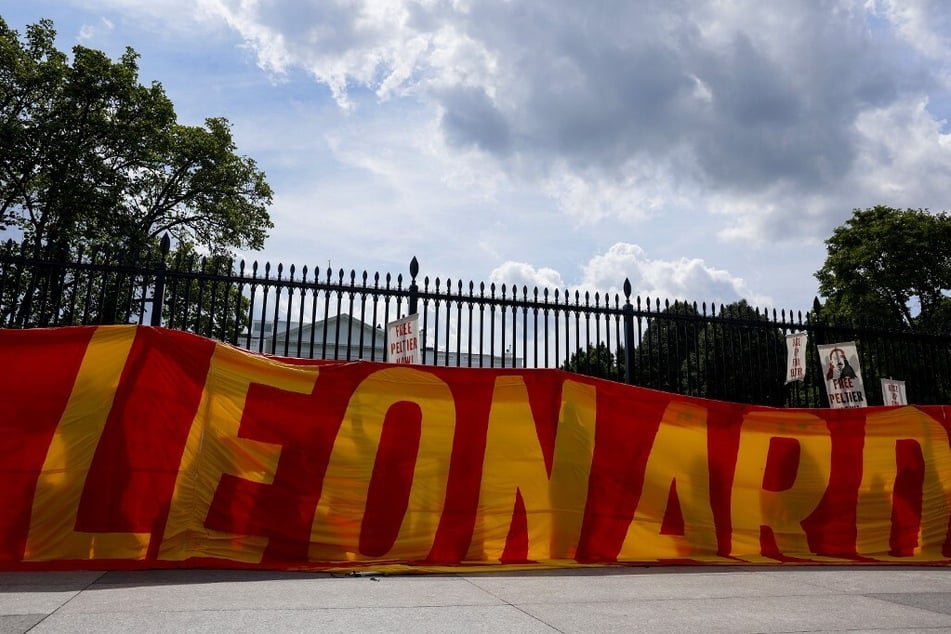
Peltier has spent nearly 50 years behind bars on incredibly dubious charges of killing two FBI agents during a 1975 shootout on the Pine Ridge Indian Reservation. US authorities denied his latest request for parole in July.
A survivor of the abusive boarding school system, Peltier joined the American Indian Movement (AIM) in 1972 to fight back against the ongoing genocide of Indigenous Peoples across Turtle Island.
Peltier was given a double life sentence (with seven more years added later) after he joined AIM members in defending the traditional people at Pine Ridge, who were under attack from the Guardians of the Oglala Nation (GOONs). The paramilitary group was established by notoriously corrupt tribal chairman Dick Wilson, who had the backing of the FBI.
The FBI presence on Pine Ridge rose significantly after the 1973 occupation of Wounded Knee, during which the federal government constructed roadblocks and cut off access to electricity, food, and water in a brutal 71-day siege.
In the two years after Wounded Knee, known as the "reign of terror," more than 60 Indigenous people were killed on the reservation, prompting residents to call on AIM for protection.
Leonard Peltier locked up despite lack of evidence
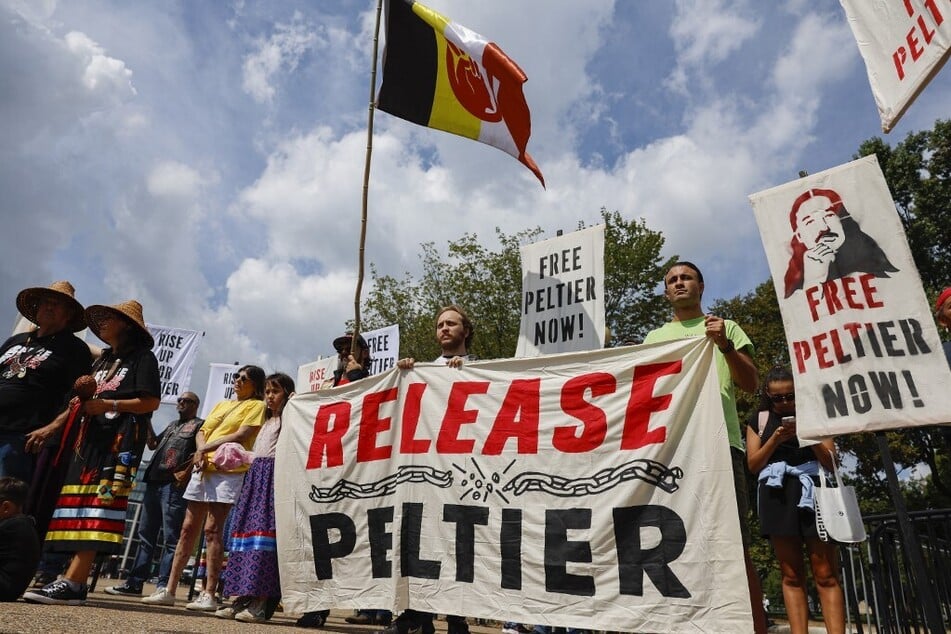
Tensions came to a head on June 26, 1975, when gunfire broke out killing FBI special agents Jack Coler and Ronald Williams.
The killing of an Indigenous man, Joseph Stuntz, was never investigated, nor have any charges ever been issued.
There is little to no credible evidence linking Peltier to the shots that took Coler and Williams' lives.
A government prosecutor in 1985 admitted, "We did not know who shot the agents," former US Attorney General Ramsey Clark wrote in the preface to Peltier's book Prison Writings: My Life Is My Sun Dance.
Peltier's conviction is widely considered to be illegitimate. Records suggest the FBI coerced witnesses and excluded and falsified critical evidence in the 1977 murder trial.
Pope Francis, Nelson Mandela, Coretta Scott King, and Mother Theresa count among Peltier's many supporters past and present.
Even retired US Attorney James Reynolds, whose office handled the prosecution and appeal of Peltier's case, has called for his release.
Indigenous activists react to Leonard Peltier clemency decision
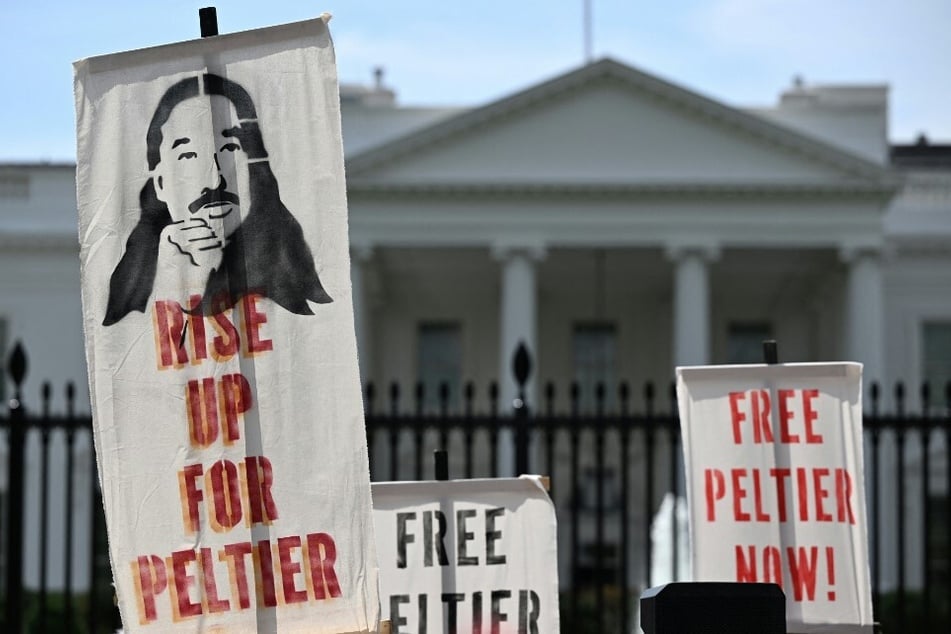
Peltier's supporters have rallied for decades for his release.
Monday's victory was the result of that sustained advocacy, which didn't let up even in the final hours of Biden's presidency.
"This is a huge win for grassroots Indigenous movements who kept his campaign alive and a moral indictment on the system and people who kept him unjustly imprisoned for half a century," Lakota historian and activist Nick Estes posted on social media.
Nick Tilsen, founder and CEO of the Indigenous activist organization NDN Collective, said in a press release, "Leonard Peltier’s freedom today is the result of 50 years of intergenerational resistance, organizing, and advocacy. Leonard Peltier’s liberation is our liberation – we will honor him by bringing him back to his homelands to live out the rest of his days surrounded by loved ones, healing, and reconnecting with his land and culture."
"Let Leonard’s freedom be a reminder that the entire so-called United States is built on the stolen lands of Indigenous people – and that Indigenous people have successfully resisted every attempt to oppress, silence, and colonize us," Tilsen continued.
"The victory of freeing Leonard Peltier is a symbol of our collective strength – and our resistance will never stop."
Cover photo: Collage: REUTERS & IMAGO / ZUMA Press
